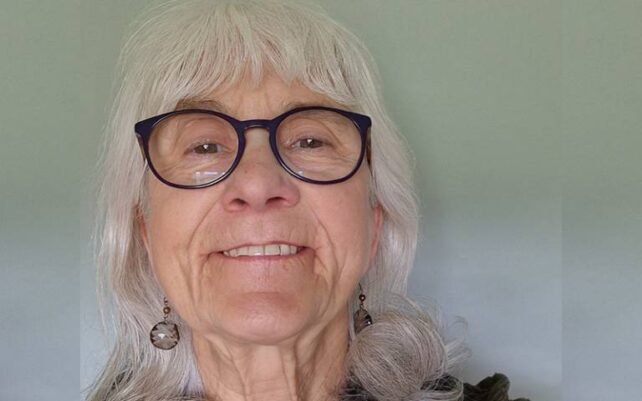Jo Cameron is a 75-year-old Scottish woman who has gone through life without experiencing significant pain of any kind. Even major surgery and childbirth failed to deliver the discomfort most of us would experience.
According to an interview with the BBC in 2019, Cameron only knows her skin is burning if she smells or sees it. To her, suffering is nothing more than an abstract concept.
The quirk that Cameron was born with is shared with just a few other people in the world. Called congenital analgesia, it is a one-in-a-million condition with multiple genetic causes that may come with other symptoms, such as sweating more or having no sense of smell.
Scientists at University College London (UCL) are now studying her genes to understand how pain pathways might be turned off in those with chronic conditions.
Pain is obviously a useful barometer for damage to the body. And yet sometimes the signal can get stuck in an overactive state that is no longer beneficial. When it lasts more than a few months, it's referred to as chronic pain. Cameron's genes could hold secrets to snapping out of the suffering.
"By understanding precisely what is happening at a molecular level, we can start to understand the biology involved and that opens up possibilities for drug discovery that could one day have far-reaching positive impacts for patients," says UCL pain geneticist James Cox.

Cameron's condition is caused by a rare variation in the FAAH-OUT gene, which was found and named in 2019 by Cox and his colleagues at UCL. It was uncovered in a part of the human genome historically thought to hold only 'junk' DNA that doesn't do anything useful.
How wrong that assumption was. As it turns out, FAAH-OUT plays a key role in modulating another gene, called FAAH (fatty acid amide hydrolase). This gene is sometimes called the 'happy gene' or 'forgetful' gene because it tends to make people less anxious and more absentminded.
You know that surge of adrenaline you get in a fearful situation? Cameron's FAAH-OUT mutation – in combination with another, more common variant in a nearby gene – means she doesn't even experience those feelings in a car crash.
In the past two decades, drug researchers have tried many times to make a drug that targets FAAH, and yet none has passed human clinical trials.
Understanding the interplay between FAAH and FAAH-OUT could help refine that effort – and lead to new understandings of pain.
The two genes are often co-expressed in the same cells, Cox and colleagues found in their latest study. Further experiments to mimic Cameron's condition revealed when FAAH-OUT was silenced or edited out of lab-grown human cells, the expression of FAAH was also reduced.
This, in turn, had an impact on genes encoding pain and opioid receptors, lipids that play a role in wound healing, and brain proteins that modulate mood, the researchers have found.
"The FAAH-OUT gene is just one small corner of a vast continent, which this study has begun to map," says molecular biologist Andrei Okorokov from UCL.
"As well as the molecular basis for painlessness, these explorations have identified molecular pathways affecting wound healing and mood, all influenced by the FAAH-OUT mutation.
"As scientists, it is our duty to explore and I think these findings will have important implications for areas of research such as wound healing, depression, and more."
Not until she was 65 years old did Cameron realize just how different her experience of life was to most other humans.
Now, the hope is that the unique secrets of her cells could provide a happier and less painful existence to many more.
The study was published in Brain.
